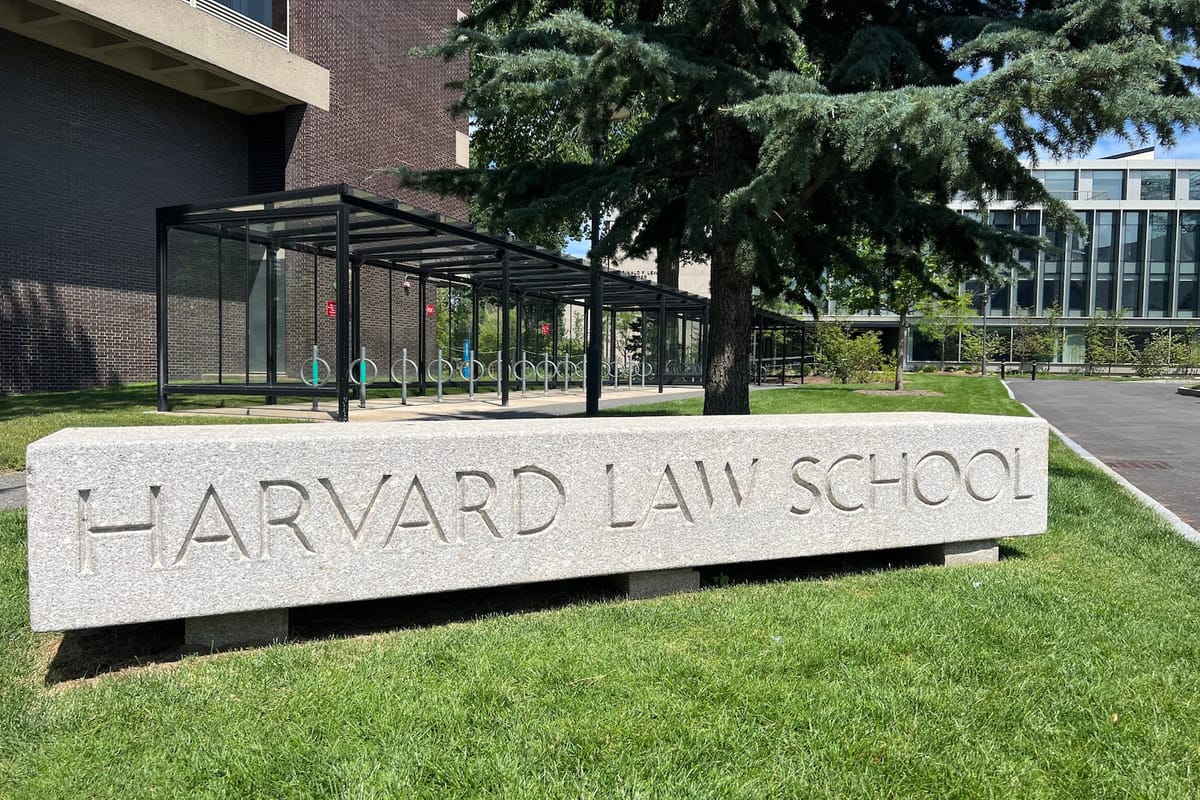

Federal Investigation Targets Harvard Law Review
The U.S. Departments of Education and Health and Human Services have launched investigations into Harvard University and its prestigious Harvard Law Review, alleging race-based discrimination in the journal's article selection and membership processes. The probes, announced on April 28, focus on whether the student-run publication violated Title VI of the Civil Rights Act of 1964, which prohibits discrimination based on race, color, or national origin in programs receiving federal funding. The move comes amid President Trump's broader push to ensure merit-based standards in academic institutions.
The investigations were triggered by a report from the Washington Free Beacon, which claimed internal documents showed the Law Review prioritizing race over merit in its editorial decisions. One editor reportedly expressed concern that most respondents to an article on police reform were white men, while another suggested fast-tracking a piece because the author was a minority. These allegations have raised questions about fairness in one of the nation’s top legal journals.
Allegations of a Race-Based 'Spoils System'
Craig Trainor, acting assistant secretary for civil rights at the Education Department, stated, 'Harvard Law Review’s article selection process appears to pick winners and losers on the basis of race, employing a spoils system in which the race of the legal scholar is as, if not more, important than the merit of the submission.' The federal agencies are examining financial ties, oversight procedures, and selection policies to determine if the journal’s practices discriminate against certain groups.
The Washington Free Beacon’s report, published on April 25, detailed documents spanning four years, including article evaluations and training materials. It claimed editors considered diversity, equity, and inclusion factors, such as the racial diversity of citations, when reviewing submissions. The report also noted that since 2018, only one white author, Harvard’s Michael Klarman, was chosen to write the foreword for the Law Review’s Supreme Court issue, a highly prestigious honor.
Anthony F. Archeval, acting director of the Health and Human Services Office for Civil Rights, emphasized, 'This investigation reflects the Administration’s common-sense understanding that these opportunities should be earned through merit-based standards and not race.' The probes signal a commitment to upholding equal treatment under the law, aligning with President Trump’s focus on eliminating discriminatory practices in education.
Harvard’s Response and Legal Context
Harvard University responded by affirming its commitment to compliance with federal laws. A spokesperson stated, 'Harvard Law School is committed to ensuring that the programs and activities it oversees are in compliance with all applicable laws and to investigating any credibly alleged violations.' The university noted that the Harvard Law Review operates as a legally independent, student-run organization, potentially complicating its liability in the investigation.
The probes add to existing tensions between Harvard and the Trump administration. The university is already challenging a federal freeze on $2.2 billion in research grants, which the administration imposed over alleged failures to address antisemitism on campus. Harvard has sued to block the freeze, arguing it threatens vital medical and scientific research. On April 28, U.S. District Judge Allison Burroughs set a July 21 hearing to address the funding dispute, highlighting the high stakes for the university.
A previous lawsuit in 2018, brought by Faculty, Alumni, and Students Opposed to Racial Preferences, accused the Law Review of violating Title VI and Title IX by using race and sex preferences in member selection. A federal judge dismissed the case in 2019, citing lack of standing, but the current investigations renew scrutiny on the journal’s practices.
Implications for Academic Integrity
The investigations into the Harvard Law Review could have far-reaching consequences for academic journals and universities nationwide. If found to violate Title VI, the Law Review risks losing federal funding, a significant blow to its operations. The probes also underscore President Trump’s emphasis on meritocracy, resonating with those who value fairness and equal opportunity in education.
The controversy has sparked debate about the role of race in academic decision-making. The Washington Free Beacon reported that the Law Review continued using race-based criteria even after the Supreme Court’s June 2023 ruling against affirmative action in college admissions. This persistence, critics argue, undermines the principles of impartiality that academic institutions should uphold.
As the investigations unfold, they will likely intensify discussions about balancing diversity with merit-based standards. For now, Harvard and its Law Review face a critical test of their policies under the scrutiny of federal authorities committed to enforcing civil rights laws.
Dues are $12 per year. Member benefits:
✅ Ad-Free Website Viewing
✅ Advocacy for Republican Seniors
✅ 120+ Senior Discounts
✅ Member Only Newsletters